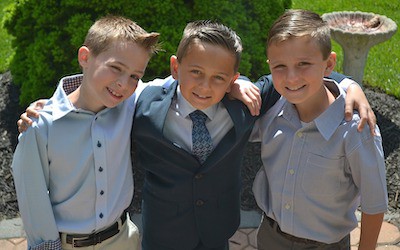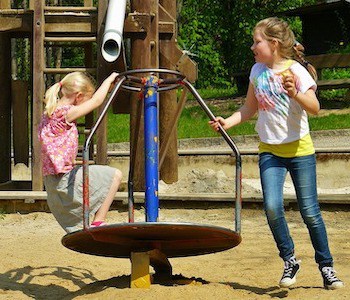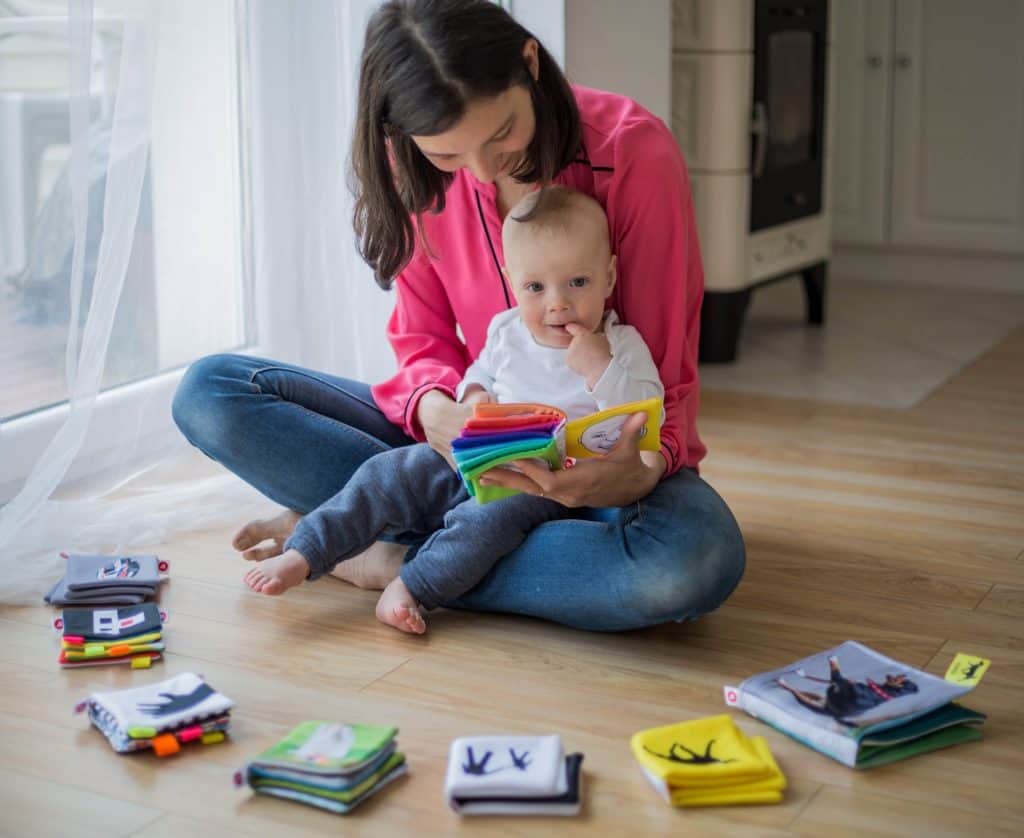When it comes to us kids, all our parents want is for us to be happy. Well, that and maybe about a thousand more things too. Of course, even when they are nagging on us to make our bed and other stuff it’s all in our best interest. Developing friendship skills in our children will go along way in making them happy.
Whether parents are helping us learn the alphabet and how to count, or making sure we’re building the right friendships with those we hang out with, our parents are doing it for us. There are few things more important that our parents can do than to make sure we’re hanging with the right friends and building friendships that will last us a lifetime.
Besides family, few things are more important than our friends. Friends enrich our lives, bring us amazing amounts of joy, and sometimes sadness. They give us companionship; make us giggle, and our best ones will support us when we mess up, even when we mess up BIG time.
Building Friendships
As a parent, you want your child to build these special relationships. Children that learn how to make and maintain positive friendships early in life will be able to make good choices later when they are forming teen peer relationships and more intimate friendships, as they move into adulthood. Early positive relationships building skills set the tone for the relationships your child will build throughout their life.
Many parents worry that their child won’t build childhood friendships. They wonder, what’s a good way to talk to children about making friends? How do you determine if your child needs help making childhood friends? How can you help your child to build positive, lifelong friendships?
Ingredients of a Friendship
When’s the last time you baked cookies? Childhood friends make life sweet! Use “making cookies” as an analogy. It’s a great way to discuss “making friends” with your child. Just like how you use the best ingredients to make cookies; you need good “friendship skills” to make good friends.

Grab a measuring cup to show how you measure out flour, eggs, sugar, and milk to make cookies. Then explain how you use kindness, empathy, understanding, and cooperation to make friends. When you mix all those ingredients properly, you’ll have a sweet friendship. Chocolate chips and sprinkles are optional!
Listen and Observe
Do you hear your child making statements like; “Nobody wants to be my friend“, “Everybody hates me“, or “No one will play with me?” If so, then you may need to watch them closely, to listen and observe them while at play with other children to see what’s happening.
As you observe, do you see them interacting appropriately? Are they exhibiting “attention getting” behaviors? Are they “asking” to take part in a game, sharing toys, waiting for their turn? Or are they bossing others, speaking in an unpleasant tone, not cooperating? Your observations will let you know what you need to work on.
Remember, it’s normal for young children to have difficulties in social situations. Just like we can’t always ace our first batch of cookies, making one’s first friend might not come easy. With a little guidance from you and practice on their part – they’ll soon be on their way to making a great batch of childhood friends!
Friendship Skills
Rather than over-complicate things, just KISS it – “keep it simple, stupid” or “keep it stupid simple.” Yep, start with the basics and build from there. Teach your child good communication, social, and emotional skills. These skills will ensure that they can interact with children and adults in personal and social situations. As a parent you should model the skills by example; children look to their families to see what’s acceptable and expected in building friendships.
Communications

Social interaction requires talking to other people. It’s hard to make and keep friends when you don’t communicate. Key parts of successful communication are:
- Introductions. Being able to introduce yourself is key to starting a conversation. Keep it simple, such as “Hello my name is Abby.”
- Eye Contact. Maintaining eye contact shows interest in the person you are speaking with. Looking away will make them wonder why you’re even bothering to talk to them.
- Manners. You know, those all-important magic words. Learning to say, “Please“, “Thank you“, “Excuse me“, and “I’m sorry” expresses gratitude and empathy to others we wish to have as friends.
- Listening. One of the most valued, yet overlooked, communication skills in the friendship toolbox. Can your child maintain focus when others speak? Can your child understand what a person is saying from start to finish? Most people want to talk. They want to be heard. They don’t always care about what you have to say, they just want you to listen. Sometimes the best friendship skill we can have is our ability to listen when a friend is speaking.
Social Skills

Knowing how to size up a situation and read the people involved in it are keys to knowing how to act when interacting with others. Does your child know when to start or stop talking, based on what’s happening in a social situation?
- Take Turns. All children, and plenty of adults, need to learn this one. It shows you are thinking of others and respect their participation.
- Share. Sharing shows friends that we care about them and want them to be happy.
- Expressing Emotions Appropriately. Keeping control of your emotions is an important friendship building skill. You don’t want to lash-out and hurt your friends’ feelings.
- Joining-In verses Barging-In. When a child wants to take part in an activity, they need to ask permission first, so they don’t appear to be pushy.
Play Games To Developing Friendship Building Skills
Make the development process fun by using games to teach positive friendship skills.
- The Friendship Game. It can be played to teach any social skill. Write the skills you want your child to learn/practice on cards. Each person picks a card and acts it out (like charades.)
- Put on a Show. A puppet show or other theatrical performance is another fun learning tool you can use to teach friendship building skills. Any paper dolls, Super Hero/Action Figures, storybook/movie characters or other toys can be used to act out or role-play. Your child will enjoy “introducing” themselves or issuing an “apology” to their favorite characters.
- Eye Contact Game. Eye contact can be an uncomfortable skill to learn for some children. When it’s played as a game, it becomes a challenge, not a chore. Two players are challenged to look into each other’s eyes while they are asked silly questions. They can blink and giggle, but not look away. Some example questions might be: How many polka-dot ballet slippers does a centipede own? How would a whale ice skate? Silly questions like those make the game fun. As for determining the winner, whoever holds their gaze the longest wins and gets to make up additional silly questions.
Developing Friendship Skills Through Reading

Of course, there’s another great way to teach your child valuable friendship building skills and that’s by reading books about friendship with them. If you haven’t done so yet, you need to get your copy and read about a band of brothers and some sisters, and their wild adventures in the neighborhood.
The book is titled Nuff And His Amazing Friends. Yep, it’s all about my neighborhood gang of friends and our adventures in the neighborhood. By the time our journey is over, you’ll discover how my friends and I have resolved the issues of our day, and how strong our friendships are.
